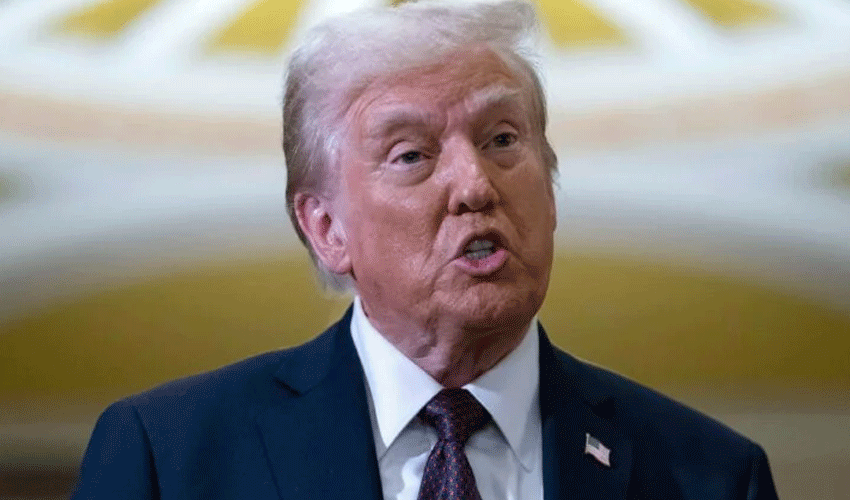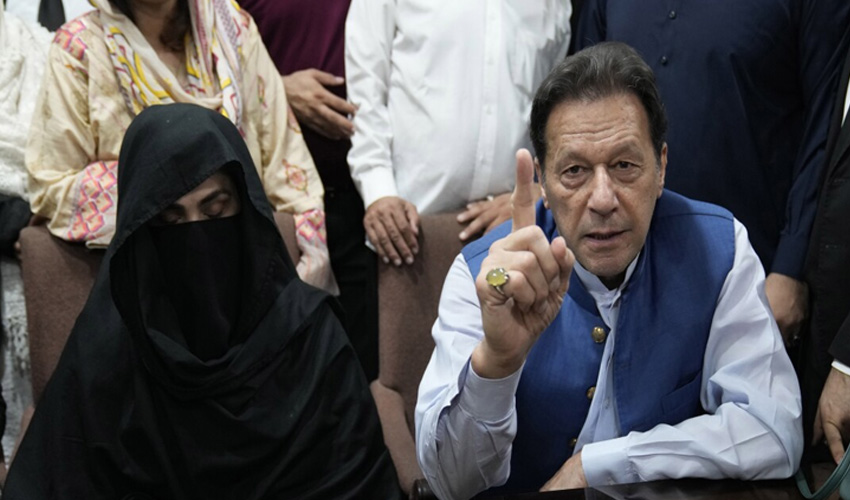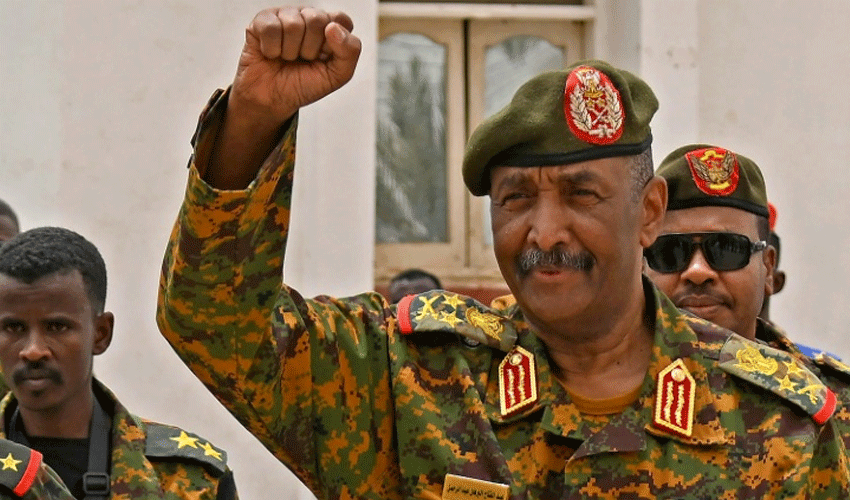Chinese President Xi Jinping on Sunday congratulated Asif Ali Zardari on his election as president of the Islamic Republic of Pakistan.
In his message, XI said China and Pakistan are good neighbors, good friends, good partners and good brothers, adding that the two countries' iron-clad friendship is a choice of history and a precious treasure of the two peoples.
Xi noted that the two countries have in recent years maintained close high-level exchanges, supported each other on issues concerning their respective core interests and major concerns, achieved fruitful results in the construction of the China-Pakistan Economic Corridor, and maintained a high level of development of bilateral relations.
The world, Xi said, is confronted with accelerated changes unseen in a century, and the strategic significance of China-Pakistan relations has become more prominent.
The Chinese leader said he highly regards the development of China-Pakistan relations, and is ready to work with President Zardari to carry forward the traditional friendship between China and Pakistan, advance practical cooperation in various fields, push for greater development of China-Pakistan all-weather strategic cooperative partnership, accelerate the building of an even closer China-Pakistan community with a shared future in the new era, so as to better benefit the two peoples.
Pakistan's former President Asif Ali Zardari won a second term on Saturday, supported by the ruling coalition in a vote by parliament and regional assemblies, the election presiding officer said.
The role of president is largely ceremonial in Pakistan but Zardari is known as a master of reconciliation and could help the governing coalition partners reach a consensus to steer the broken economy on a stabilisation path ahead of seeking a new IMF bailout.
As president, Zardari will also be the supreme commander of the country's armed forces, which play an oversized role in making or breaking governments.
Presiding officer Justice Amir Farooq announced the winner in a live TV broadcast.
Zardari got 411 votes, easily defeating the 181 votes cast for nationalist leader Mehmood Khan Achakzai, according to a statement from the parliament.
The president is elected by votes in the lower and upper house of the parliament and four provincial legislative assemblies.
Zardari is the widower of former Prime Minister Benazir Bhutto and gained political stature after his wife's assassination in a suicide bombing in December 2007, taking control of the PPP Party, in line with wishes expressed in her will. He became president in 2008 and served until 2013, a period in which a U.S. special forces raid inside Pakistan found and killed Osama bin Laden in 2011.
Zardari's greatest achievement during his first term was seen as the building of a rare political consensus on adopting a new legal and political framework to decentralise power and curb the presidential powers wielded by former military leaders. From the early 1990s to 2004, he spent 11 years in jail on graft charges, which were never proven in any court and that he and his party called military-backed political victimisation, a charge the army denies.



























